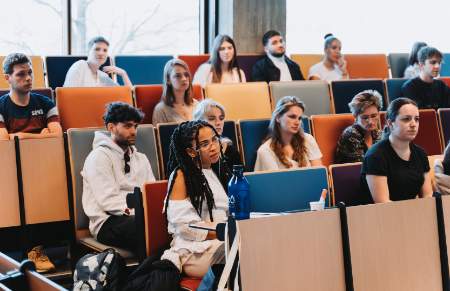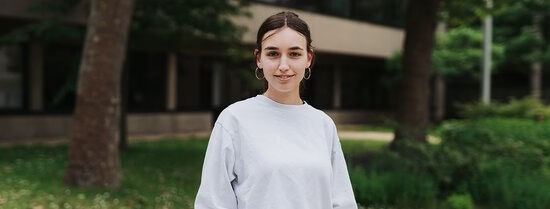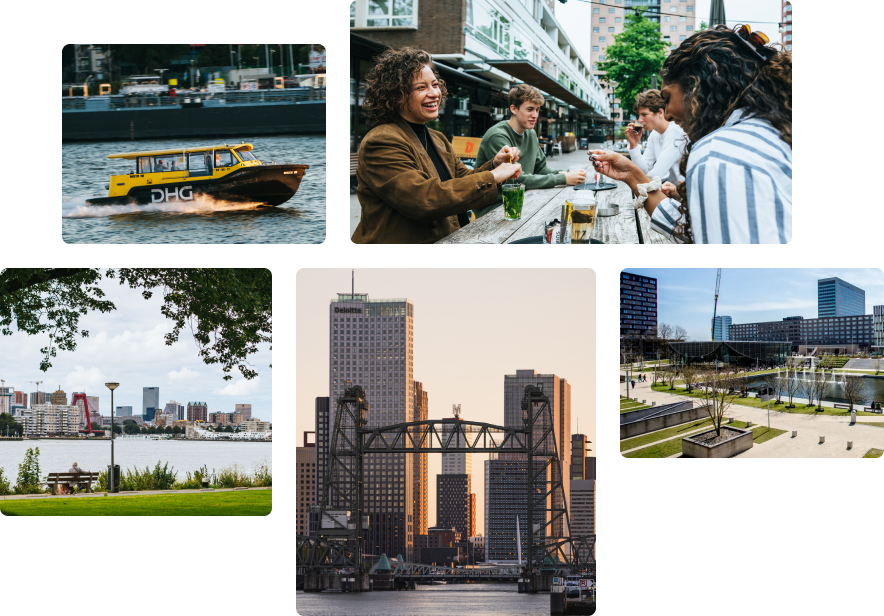Is this the programme you're looking for?
Are you curious about what modern global history after 1500 can teach us about contemporary politics, economics, culture, and social relations? Then the International Bachelor History at Erasmus University Rotterdam is the study that suits you! Find out all about the International Bachelor History here.
Practical information
- Type
- Bachelor
- Degree
- BA
- Mode of study
- Full-time
- Instruction language
- English
- Duration
- 3 years
- Study points (EC)
- 180
- Location
- Campus Woudestein
- Start date
- September
- Application Deadline (EEA)
- 1 May
The study programme in a nutshell
- Top-ranked history programme in the Netherland according to Keuzegids.
- Study modern history from 1500 onwards, focusing on the last 200 years.
- Examine the past to answer social questions that concern politicians, the media, or citizens today.
- Explore developments in history thematically and make the link between then and now.
- Learn to look at modern history of an international nature with a multifaceted perspective.
- Discuss history from a long-term perspective by using themes such as migration, social inequality, religious identity, popular use of history in e.g. games, trends in the fashion industry and international conflicts.
Watch the study programme video

What you will learn
You will be introduced into global history, you will read historical texts and you learn how history as a social science can help to understand current societal challenges. In year 2 and 3 you can personalise your programme by choosing a focus area and follow a minor in combination with an internship or study abroad.
Want to know more? Meet us here

Career opportunities after graduation
The practical and labour focussed approach of the bachelor makes you a highly valued employee in fields such as politics, education, journalism, business administration, and governmental institutions. Historians have extensive knowledge of the past, which enables them to identify current issues in global society. They are able to gather information rapidly, assess various digital and printed sources, and compose a coherent argument.


